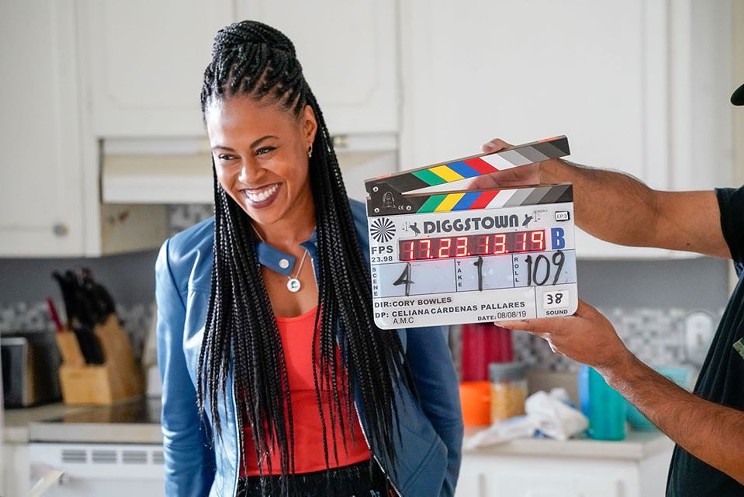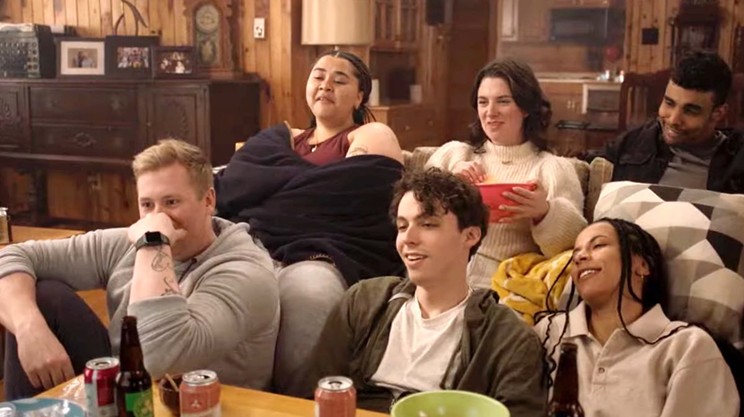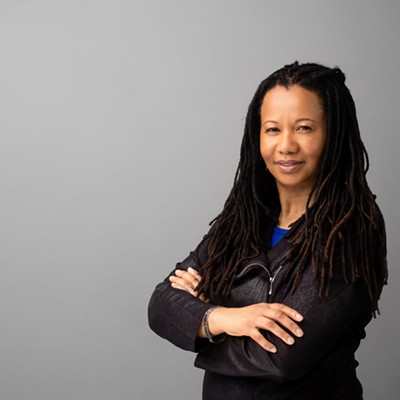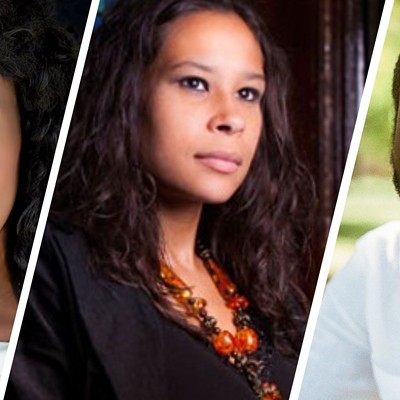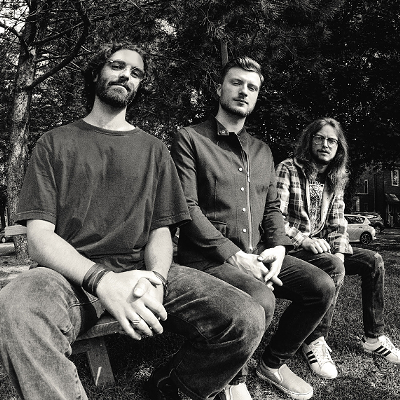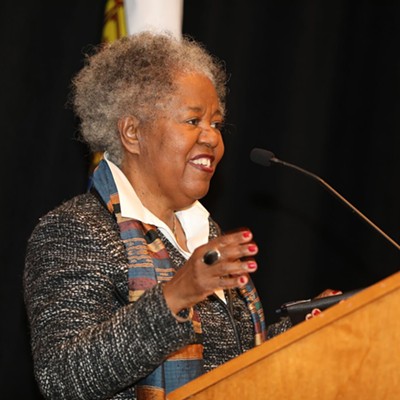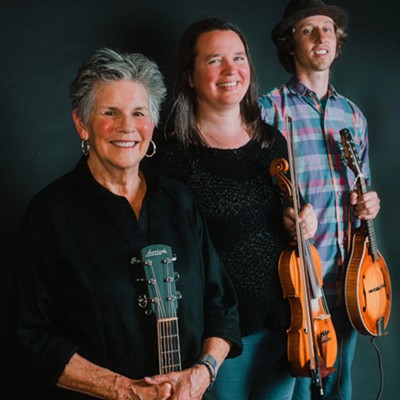Earlier this month, the North Preston-set CBC series Diggstown quietly ended a four-season run.
Floyd Kane’s story of a hotshot lawyer who returns home to Nova Scotia after the tragic death of her aunt causes her to shift her priorities was a critical slam dunk (disclosure: I am one of said critics) that netted five Canadian Screen Award nominations. It was also a glass-ceiling-smasher, with series lead Vinessa Antoine becoming the first Black Canadian woman to lead a prime-time drama on network television.
So, when CBC announced a shortened fourth season (six episodes total) was all, folks, for Diggstown it felt like a surprise for fans of the series. Kane, however, was not among those left slack-jawed at the news. In a recent interview with Variety magazine, Kane candidly lays bare the reasons why Diggstown didn’t find the breakout success of other CBC series like Kim’s Convenience or Schitt’s Creek. (Though Kane makes a note several times to say how accommodating and supportive those he worked with at CBC were.)
Here’s a recap of where things went wrong, as per Kane’s interview with Variety.
Canada doesn’t track viewer demographics, making it impossible to have sophisticated analysis of how a series is faring:
“In order to have a conversation about ratings and who’s watching what, you have to know what ingredients go into the stew. And we don’t know that. So to have any kind of discussion about ratings, especially when it comes to shows with Black leads or BIPOC leads, we just can’t have a sophisticated conversation about it. For whatever reason, the whole process is shrouded in secrecy.”
Aside from not knowing if a show is a hit in a certain sub-market, the lack of demographic numbers could, Kane thinks, affect how programming decisions are made:
“I’m sure you’ve heard that whole thing about how Canadian network programmers program for Susie in Saskatchewan," Kane tells Variety. "If I’m being honest, I don’t think Susie is a woman of colour. I don’t know if, at the end of the day, the folks who are responsible for what happens within that measurement company care to have that data.”
"I’m sure you’ve heard that whole thing about how Canadian network programmers program for Susie in Saskatchewan. If I’m being honest, I don’t think Susie is a woman of colour."
tweet this
Diggstown was produced on a shoestring budget, even compared to other Canadian dramas:
Since Canada has such tight budgets, international success is a key part of making a series viable, Kane says:
“In Canada, it is extremely hard to finance a show — I’ll say it for my purposes — with a Black female lead. The reality is, the broadcasters have limited resources. They can’t fully finance everything. You have to go to the international marketplace. And if the Americans don’t want it, then you’re kind of screwed. Because internationally, when you look at the content, the inclusive content, the Black content that is being produced internationally, it’s about the lives of Black Londoners in London [or] Black Italians or immigrants in Italy. It’s not about Black North Americans.
"We’d like to believe that, around the world, the industry is opening their arms for Black content made in North America. And it’s simply not true."
tweet this
We’d like to believe that, around the world, the industry is opening their arms for Black content made in North America. And it’s simply not true. We can pull a bunch of examples from U.S. studios. But we also know the way that the U.S. studios have always worked in terms of selling their shows internationally, [where they sell shows packaged together]. There’s a sense in the industry that things have changed, because of what happened with George Floyd, with him being murdered. And I don’t think that’s actually true.”

